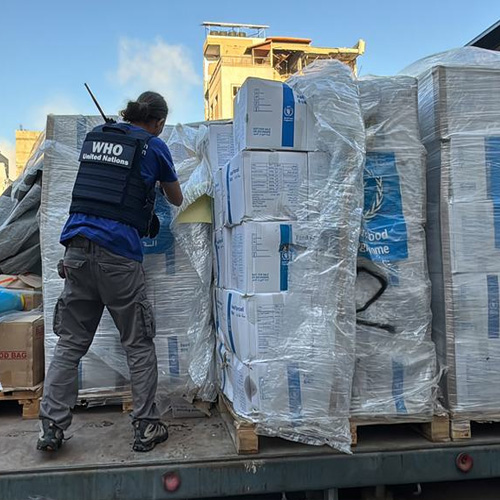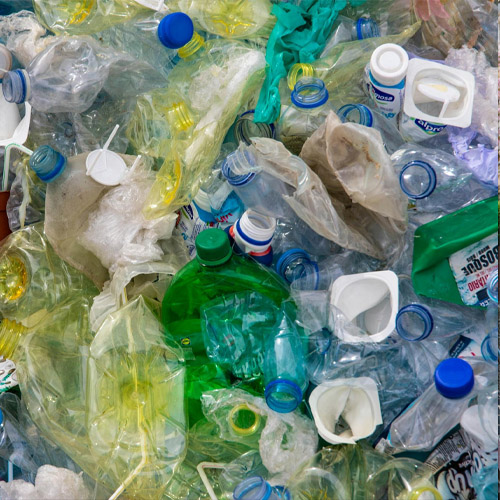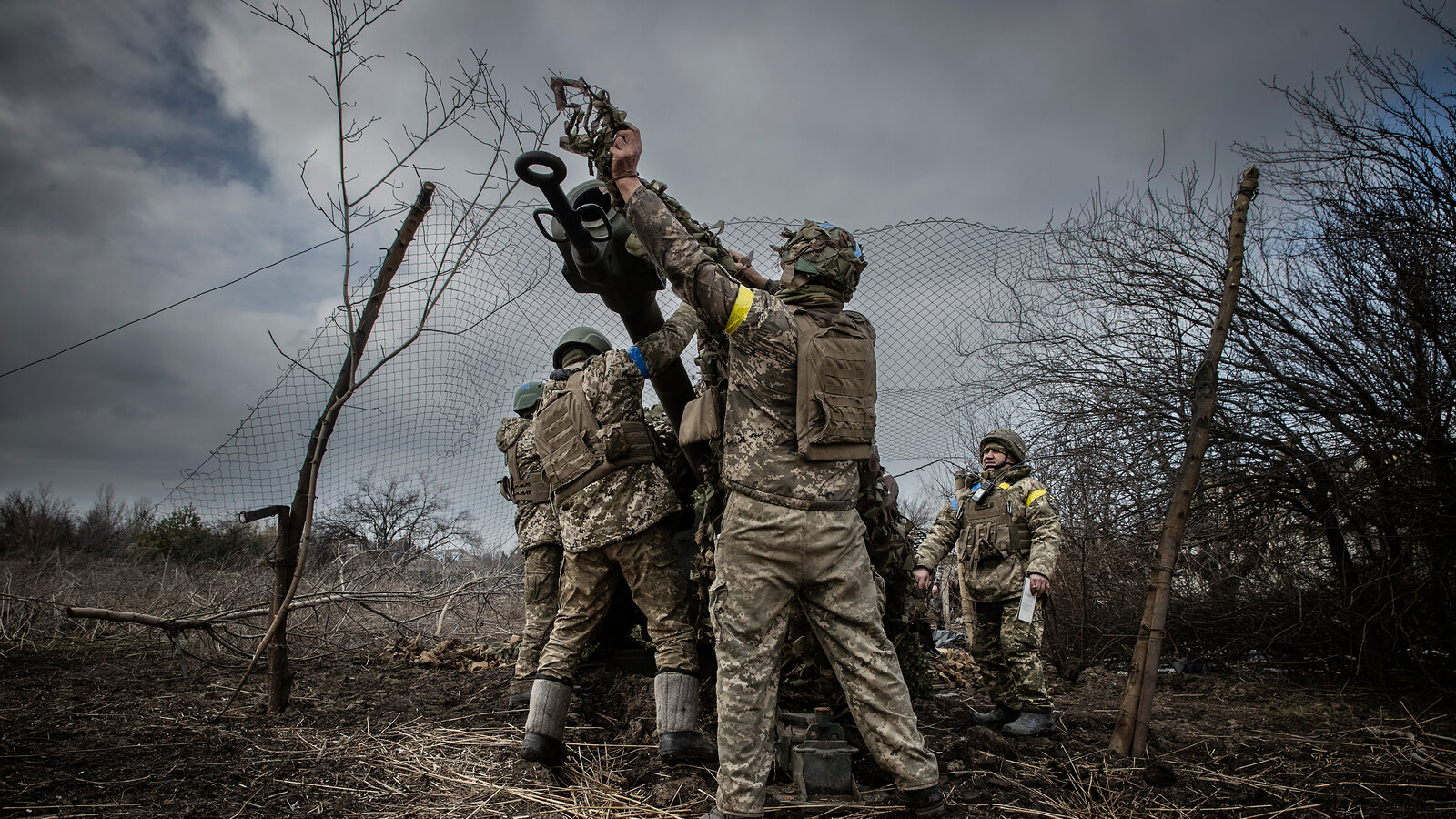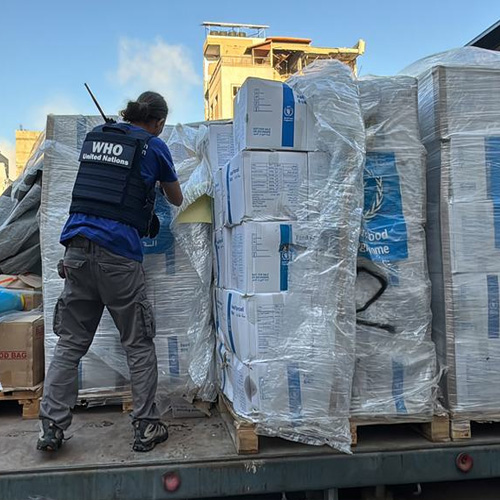ISRAEL FACES INTERNATIONAL COURT FOR BLOCKING AID INTO GAZA
ISRAEL FACES INTERNATIONAL COURT FOR BLOCKING AID INTO GAZA

THE HAGUE — Dozens of nations will present arguments at the International Court of Justice (ICJ) starting Monday regarding Israel's legal obligations to facilitate humanitarian aid to Gaza, as Palestinians face increasingly dire conditions.
Since March 2 of 2-25, Israel has implemented a complete blockade of supplies to the Gaza Strip's 2.3 million residents, with food stockpiles accumulated during an earlier ceasefire now critically depleted.
The UN's top court was tasked in December with forming an advisory opinion on Israel's responsibilities to allow aid deliveries by states and international organizations, including the United Nations. The resolution requesting this opinion was adopted by 137 nations in the UN General Assembly, with Israel, the United States, and 10 other countries voting against it.
"Representatives for the Palestinian territories will be among the first to address the court in The Hague on Monday," according to court officials. Approximately 40 nations will present their positions during the five-day hearing, though Israel has chosen not to participate. The United States is scheduled to deliver its statement on Wednesday.
Israel has maintained it will not permit entry of goods or supplies into Gaza until Hamas releases all remaining hostages. Israeli authorities have repeatedly accused Hamas of diverting humanitarian aid, allegations Hamas denies while blaming Israel for the shortages.
The international pressure on Israel continues to mount. Germany, France, and Britain jointly called last week for Israel to comply with international law by allowing unhindered aid passage. U.S. President Donald Trump stated Friday that he had urged Israeli Prime Minister Benjamin Netanyahu to allow food and medicine into the besieged territory.
Under international humanitarian law, an occupying power must facilitate relief programs and ensure food, medical care, hygiene, and public health standards for people in need. The UN considers Gaza and the West Bank to be Israeli-occupied territory.
*While ICJ advisory opinions carry significant legal and political weight, they are not binding, and the court has no enforcement powers. Legal experts anticipate the court will take several months to formulate its opinion following this week's hearings.
Related News .
Stay updated with the most important events.




